A house sold by A to B does not wander from one place to another, although it circulates as a commodity
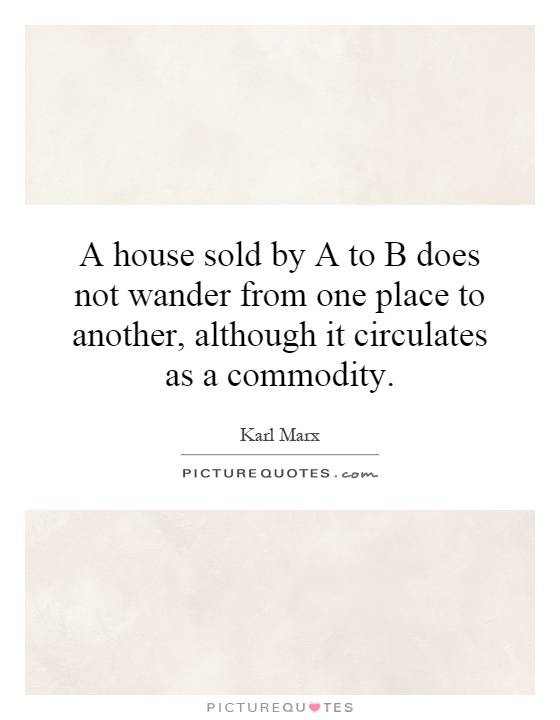
A house sold by A to B does not wander from one place to another, although it circulates as a commodity
Karl Marx, a renowned philosopher and economist, is well-known for his critique of capitalism and the exploitation of labor within the system. One of his key concepts is the idea of commodity fetishism, which refers to the way in which commodities are imbued with a mystical quality that obscures the social relations and labor that go into their production. In his analysis, Marx argues that under capitalism, commodities are treated as if they have a life of their own, independent of the labor that created them.The statement “A house sold by A to B does not wander from one place to another, although it circulates as a commodity” can be understood within the framework of Marx’s theory of commodity fetishism. In this context, the house is seen as a commodity that is bought and sold on the market like any other good. However, despite changing hands and moving from one owner to another, the physical house itself remains stationary. It does not physically wander from place to place, but rather its ownership and value are transferred through the act of buying and selling.
Marx would argue that this process of buying and selling houses as commodities serves to obscure the social relations and labor that go into their production. The house is reduced to a mere object of exchange, divorced from the human labor that went into building it. In this way, the house becomes fetishized, with its value determined by market forces rather than the actual labor that produced it.
Furthermore, Marx would also point out that the circulation of houses as commodities serves to perpetuate the inequalities and exploitation inherent in the capitalist system. Those who own capital, such as houses, are able to profit from their exchange value, while those who do not own property are left at a disadvantage. This perpetuates the cycle of wealth accumulation and inequality that Marx critiqued in his analysis of capitalism.

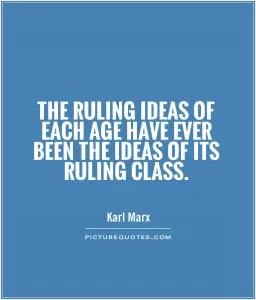
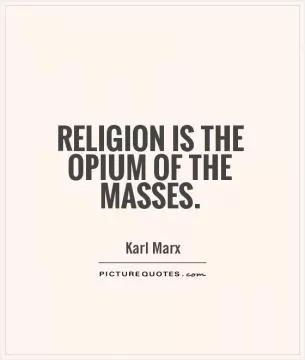
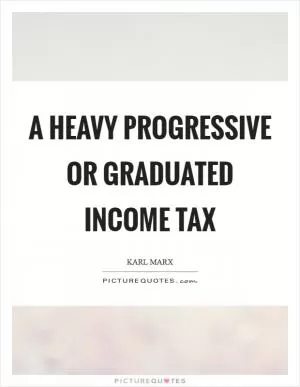
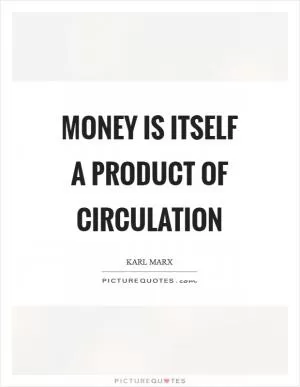
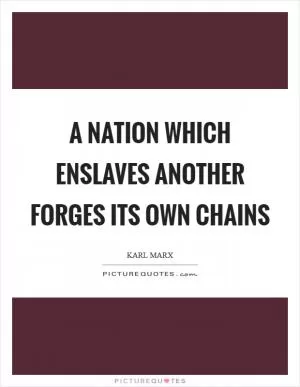
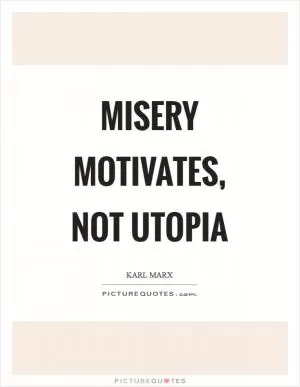





 Friendship Quotes
Friendship Quotes Love Quotes
Love Quotes Life Quotes
Life Quotes Funny Quotes
Funny Quotes Motivational Quotes
Motivational Quotes Inspirational Quotes
Inspirational Quotes